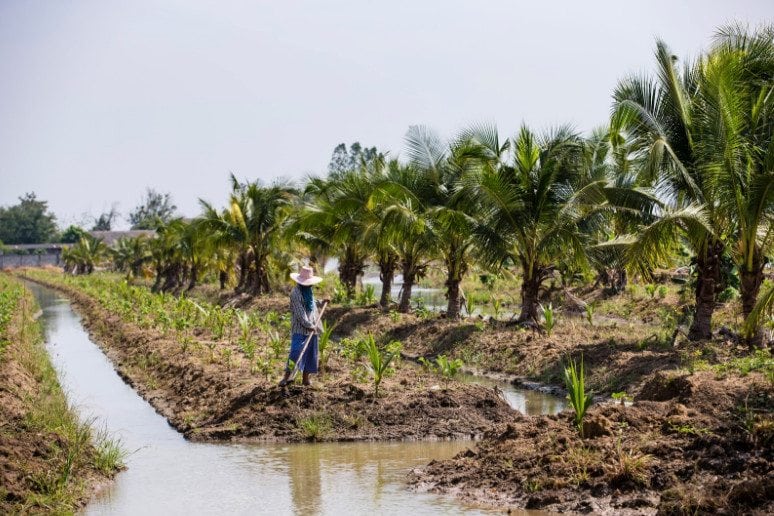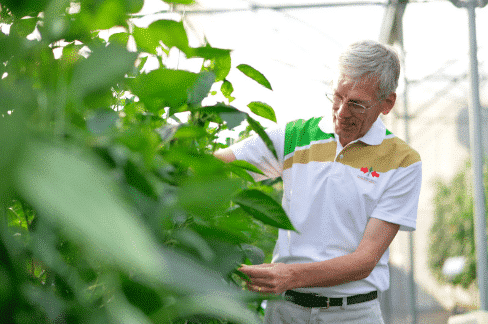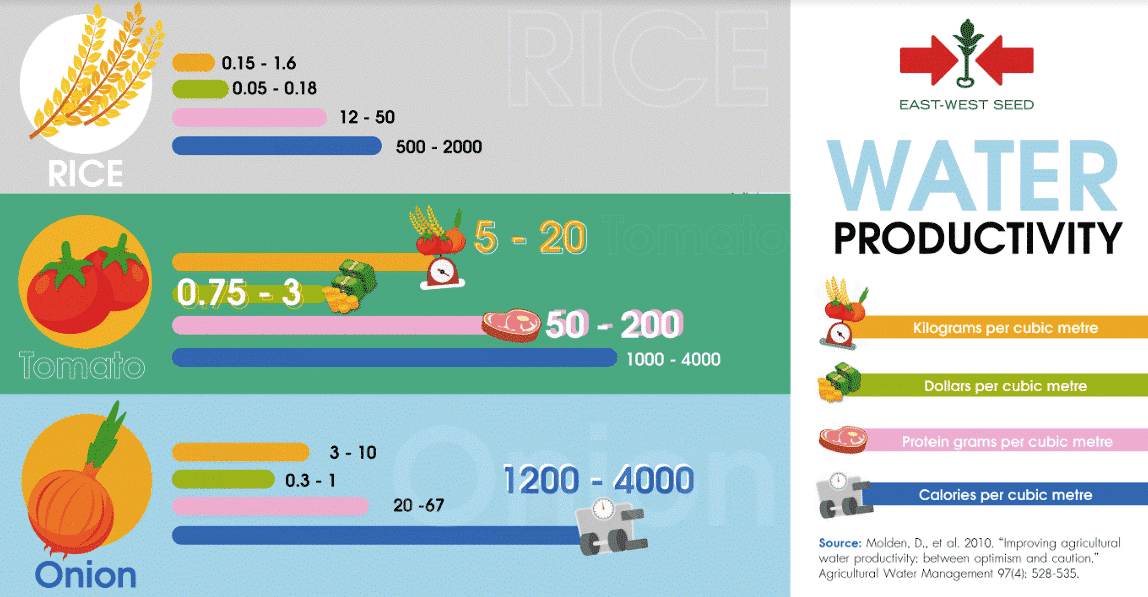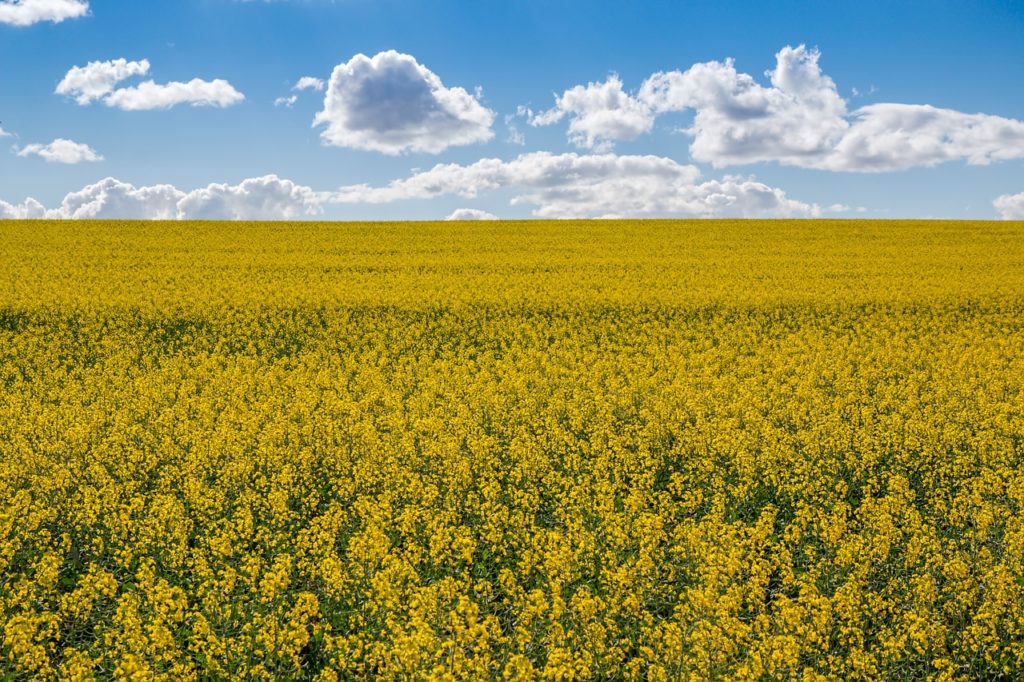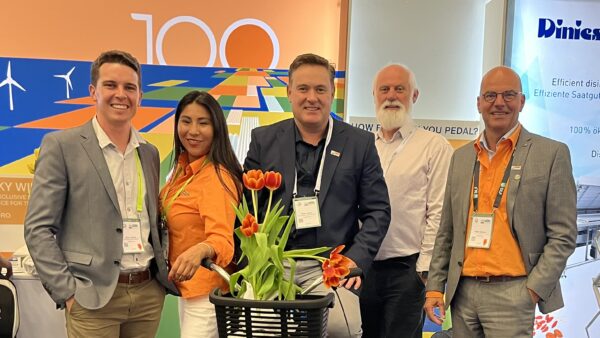Smallholder farmers are arguably the most susceptible group of people to climate change and, in particular, unpredictable rainfall patterns.
Today is World Water Day, an annual initiative by UN Water to highlight the importance of water. The theme for World Water Day 2018 is exploring nature-based solutions to the water challenges the world faces in the 21st century.
“In recent times, the weather has become less predictable,” says Simon Jan de Hoop, Vice President for Research & Development at East-West Seed (EWS).
“This impacts on testing new vegetable seed varieties for drought or flood resistance. This is a very difficult process because if you test under controlled conditions, how representative is that of real farming conditions?”
Instead, de Hoop says, plant breeders can focus on natural plant features which perform well in both high- and low-rainfall situations. He says East-West Seed has done so for several years, selecting genetic material that results in stronger root systems.
Under water-logged conditions, these plants have greater stability to withstand the higher water content in the soil. During droughts, strong root systems are better able to find and push up water and nutritions from the soil to the shoots and fruits.
“In Thailand the Petch Dam F1 varieties of hot pepper is an examples of selective breeding of desired genetic material to improve the root systems,” de Hoop says.
Water efficiency
While genetics and breeding are important to helping farmers through water challenges, de Hoop believes there should also be a greater focus on water efficiency. Water efficiency will become increasingly important, especially in areas with low rainfall, according to de Hoop.
He points to studies which have found that vegetables not only produce higher yield volumes than other crops, such as rice, but also provide greater protein and calories per cubic meter of water respectively.
Looking toward the future, de Hoop says farmers will need to move to farming systems where crops are grown with less water and which allow for better control of pests and diseases.
“I believe there is going to be a greater focus on protected cultivation technologies, such as greenhouses and irrigation systems, to reduce the uncertainty around external factors like rainfall patterns,” he says.
Although this sounds far removed from the typical smallholding farm, he says that in principle this is possible for small scale farmers.
Protected cultivation technologies can help reduce reliance on rainfall, as well as the incidences of pests and diseases. Due to their relatively high capital investment costs, however, de Hoop says farmers won’t be able to incorporate these without support. He says India, for example, have effective public subsidy schemes that allow farmers to invest in greenhouses.
“It is important to remember that all technologies, regardless of how advanced they are, require the user to know how to implement them effectively. This is why training and skills development, such as provided by East-West Seed’s Knowledge Transfer, are crucial to the successful adoption of these innovations,” concludes de Hoop.
Source: East-West Seed


